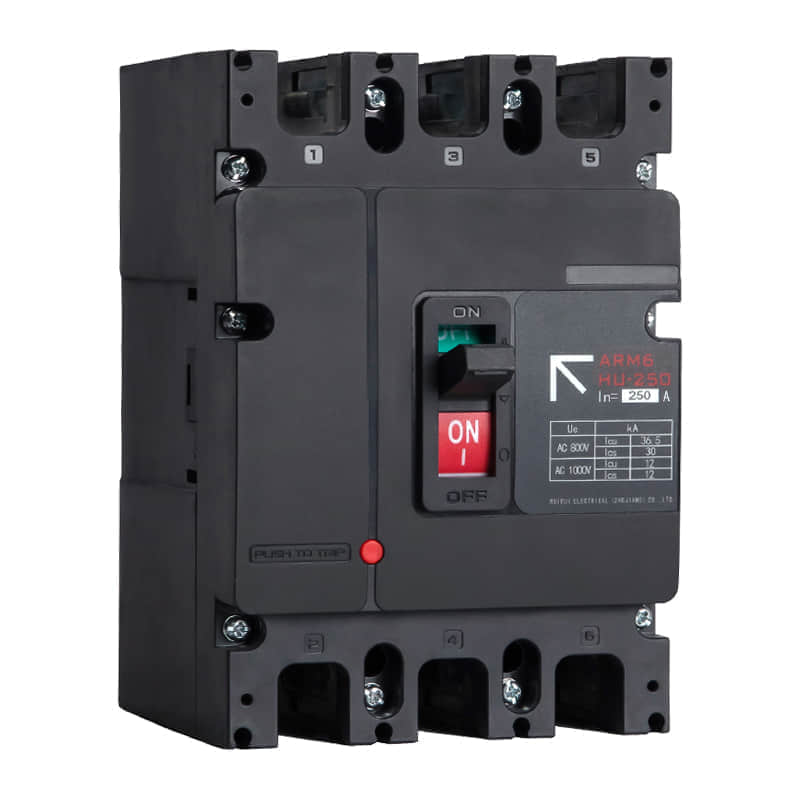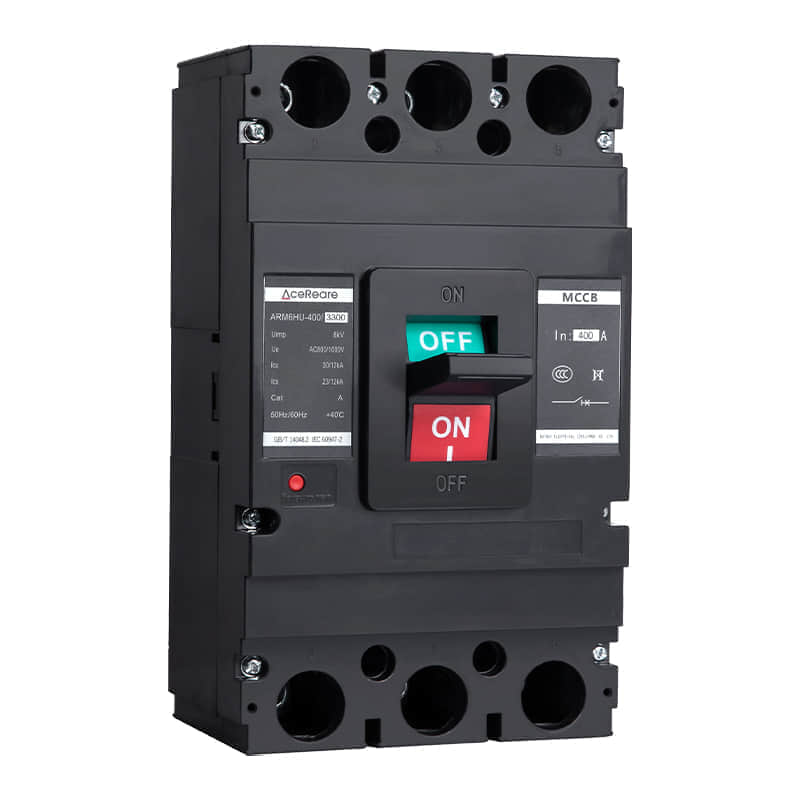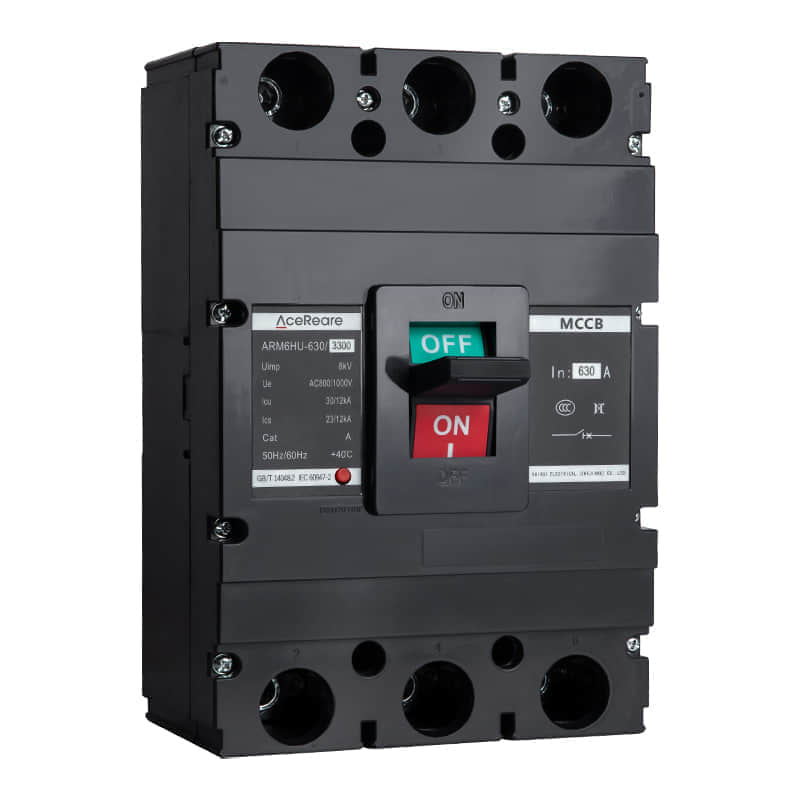In the realm of electrical engineering and industrial automation, the molded case circuit breaker holds a pivotal position. This versatile device, designed for circuit protection, ensures the safety and reliability of electrical systems, preventing potential damage from overloads and short circuits.

Molded case circuit breakers, often referred to as MCCBs, are enclosed in a durable plastic or molded case, which not only provides protection against dust and moisture but also enhances the overall mechanical strength of the breaker. This robust design allows MCCBs to be used in a wide range of environments, from indoor industrial facilities to outdoor installations.

The core function of an MCCB is to interrupt the flow of electric current in a circuit when an abnormal condition, such as an overload or short circuit, occurs. When the current exceeds the rated value, the breaker’s thermal-magnetic trip mechanism is activated, causing the contacts to separate and the circuit to open. This rapid disconnection prevents excessive heat or damage to the circuit components and the connected equipment. One of the key advantages of MCCBs is their adjustability. Unlike some other types of circuit breakers, MCCBs offer the ability to adjust the tripping current levels. This feature enables precise customization to meet the specific requirements of different electrical systems. Whether it’s a low-voltage residential setup or a high-power industrial application, MCCBs can be configured to provide optimal protection.
